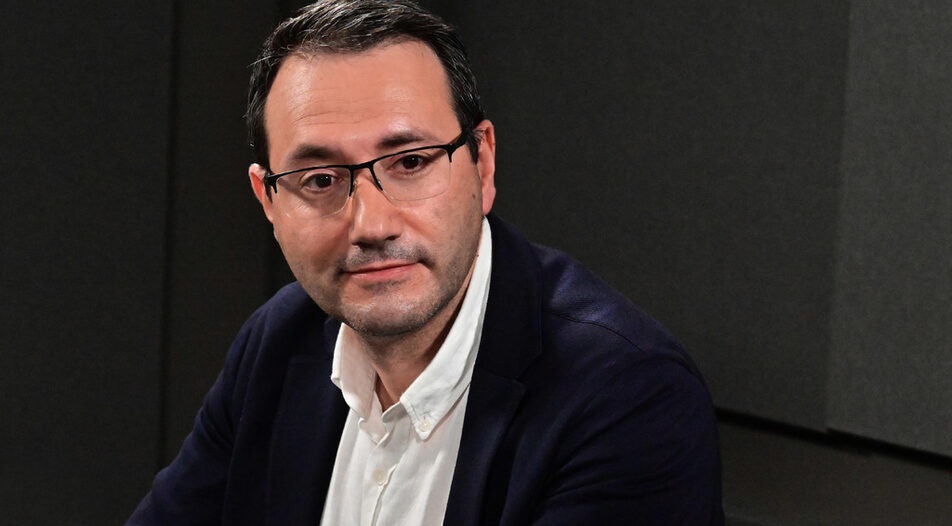Bulgaria's economy grows slightly
Despite the war in Ukraine, record inflation and the energy crisis, Bulgaria's economy will end 2022 with GDP growth of 2.9%, which is 0.3 percentage points higher than the summer forecast. Nevertheless, forecasts also show that there will be a significant slowdown in growth in 2023 to 1.7% of GDP. This was announced on Wednesday by the World Bank in its autumn forecast for Central and Eastern Europe.
Inflation - the problem that most besets Bulgaria at present - will be 14.4% at the end of the year on an annual basis. This is more than four times higher than last year and more than seven times higher than in 2020. Next year, inflation is forecast to decrease to 6.8% - marking a significant deceleration - but will still remain high. Only in 2024 can it be expected to drop to 3.6%.
Investors downcast at election result
Investors were disappointed in Sunday's election results, according to financial expert Nikola Yankov, a partner in one of the largest asset management companies in Bulgaria.
"Investors are generally happy when big parties have a majority in parliament. Mainly parties supporting the European Union and NATO stances and which want a pro-Euro-Atlantic government with a clear perspective on Bulgaria's integration into the political and economic heart of Europe," Yankov said. He added that he sees only one possible coalition in the new parliament - GERB, DPS and Democratic Bulgaria, citing what he believes is their closeness in terms of shared philosophy.
Schengen is coming
Inspectors from the European Commission will visit Bulgaria next week to evaluate the country's preparedness for the implementation of Schengen legislation. All EU member states, 26 in total, are currently included in the Schengen area apart from Bulgaria, Romania and Croatia. In this zone there are no border controls and passports are not checked when traveling between states.
After visiting Bulgaria and Romania, in mid-October the Council of the EU will discuss incorporating the two countries in Schengen. A vote on admitting Sofia and Bucharest will then take place at the end of December.
Bulgaria's economy grows slightly
Despite the war in Ukraine, record inflation and the energy crisis, Bulgaria's economy will end 2022 with GDP growth of 2.9%, which is 0.3 percentage points higher than the summer forecast. Nevertheless, forecasts also show that there will be a significant slowdown in growth in 2023 to 1.7% of GDP. This was announced on Wednesday by the World Bank in its autumn forecast for Central and Eastern Europe.












